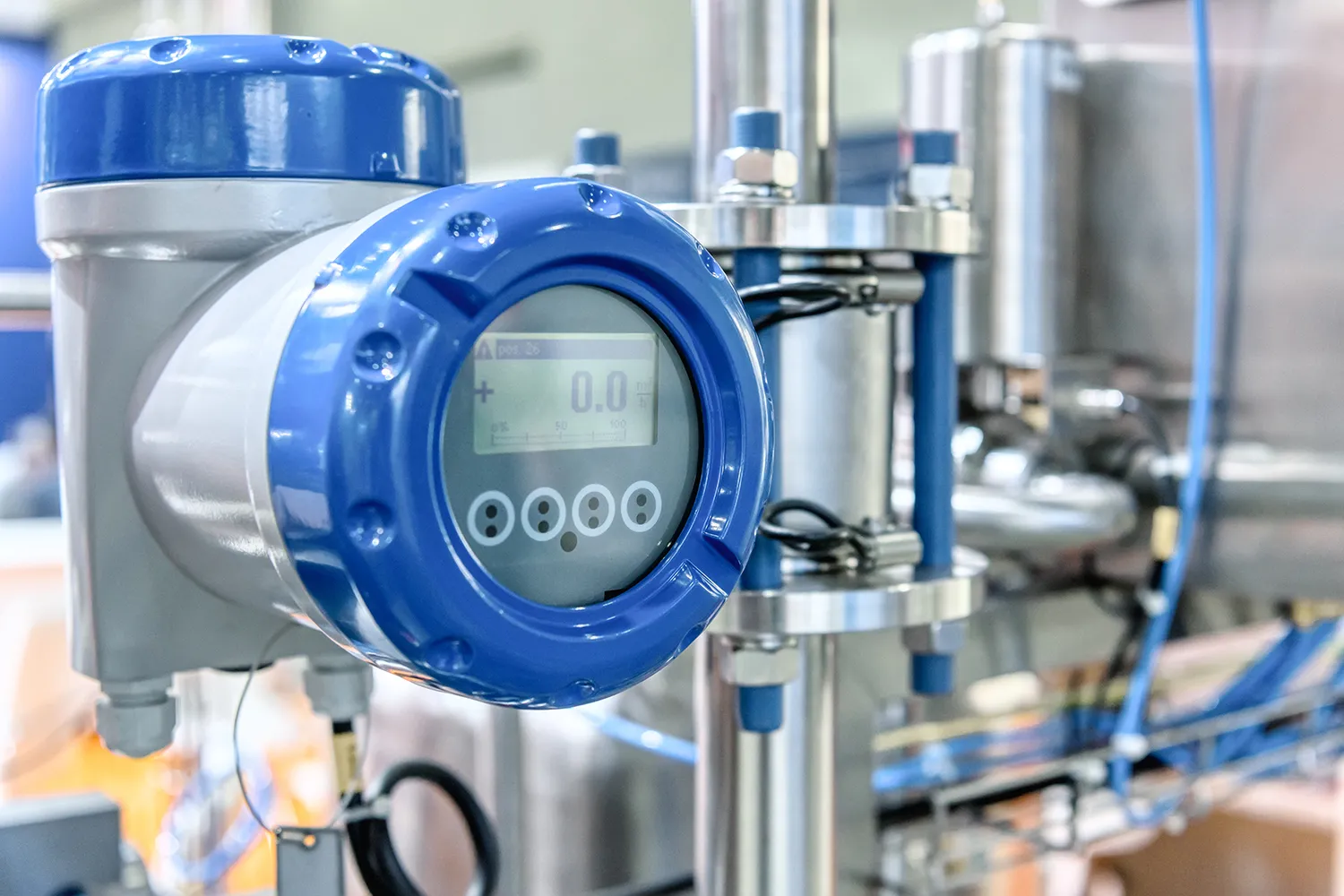Health Code: How Russian AI Is Transforming Global Healthcare
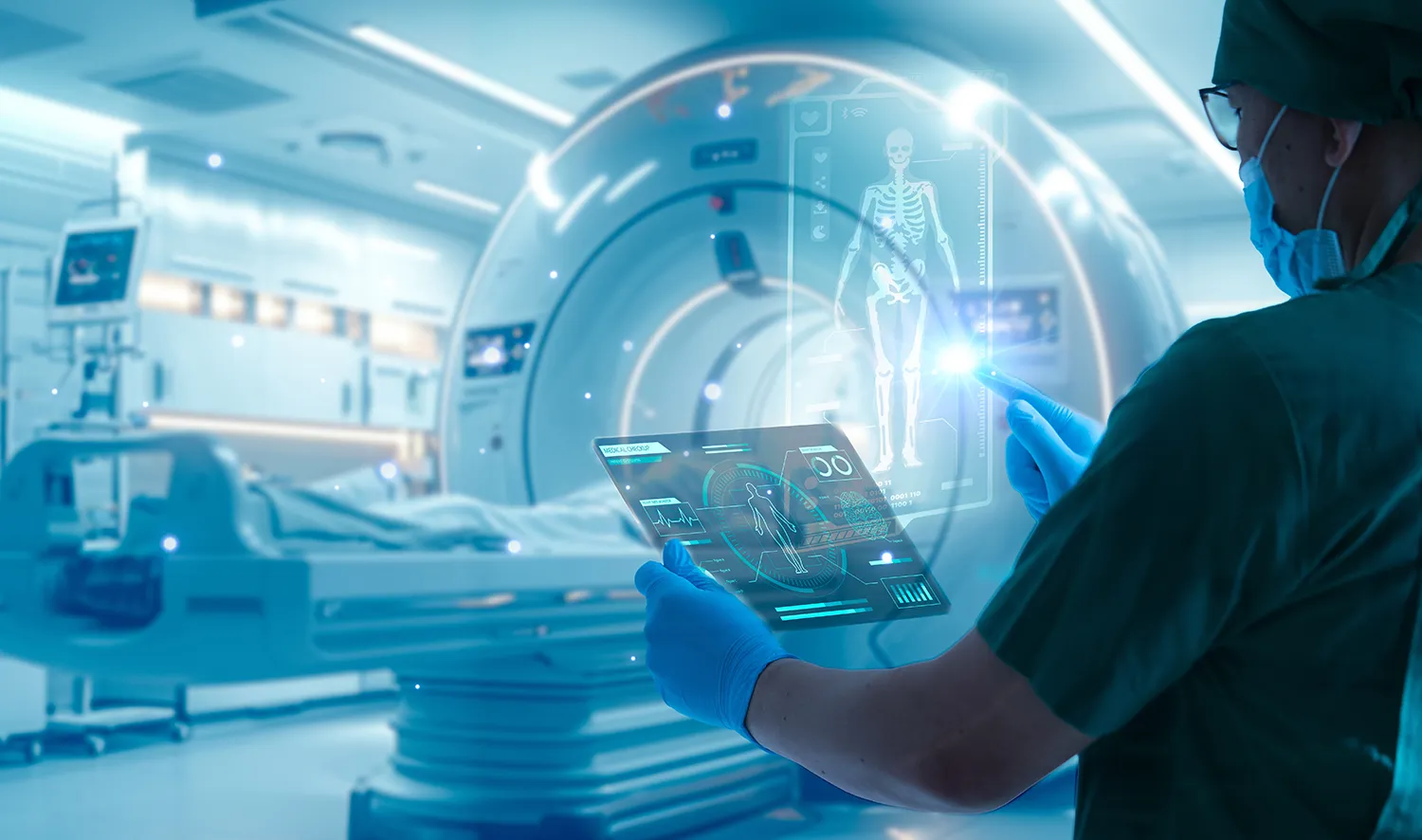
Russian AI innovations in healthcare are gaining international momentum, offering effective tools for diagnostics, treatment planning, and population health management.
AI-Powered Diagnostics Gain Global Traction
Russian AI platforms for medical imaging are receiving international recognition for their precision and scalability. Botkin.AI, for instance, analyzes X-rays, CT scans, MRIs, and mammograms using machine learning algorithms. It has been successfully deployed in Moscow and regional clinics, and international partners see it as a vital tool for resource-constrained environments.
Similarly, the Cels system enhances diagnostics by detecting abnormalities in X-ray and CT images. Its integration into Moscow’s healthcare IT infrastructure shows its readiness for scale. Care Mentor AI, another major player, helps radiologists identify diseases early, supporting clinics across Russia and positioning itself for export.
RADLogics, already used in the U.S., China, India, and Europe, optimizes radiologists' workflow with AI-driven image analysis, improving outcomes and productivity worldwide.

Precision Oncology through Intelligent Interfaces
Russia’s AI developers are also advancing cancer diagnostics. OncoAtlas created Solo-Report, software that interprets next-generation sequencing (NGS) data, helping clinicians target gene-specific mutations. CoBrain-Analytics merges clinical experience with AI algorithms, while the Third Opinion platform develops tools to recognize blood cell types from medical scans.
One standout solution is Webiomed—the first Russian AI system officially registered as a medical device. Specializing in risk prediction and preventive analytics, it forecasts disease trajectories and mortality risk, supporting national public health planning. Webiomed’s win at the AstraZeneca Skolkovo StartUp Challenge validated its global potential.

Digital Health Services Reshape Patient Care
SberHealth is one of the leaders in Russia’s digital health transformation. It offers telemedicine services, remote consultations, and digital patient monitoring tools. Among its innovations: Smart Monitoring (a connected blood pressure device and cardiologist support), Smart Health Camera (capturing throat, nose, ear, and skin images), and a symptom-analyzing AI assistant that suggests tests and diagnoses. Its participation in international projects underscores its growing role in global digital health.
Government-driven initiatives are also shaping the sector. The Moscow Center for Diagnostics and Telemedicine began standardizing imaging diagnostics in 2019, launching a reference center in 2020 to test computer vision in radiology. This experiment has since expanded nationwide.
Toward International Standards and Market Expansion
Russia’s continued success hinges on standardization and clinical validation of AI technologies. By introducing its own framework for assessing AI reliability in healthcare, the country is aligning itself with global regulatory practices.
The Russian medical AI market is expected to grow through international research collaborations and deployment in foreign health systems. Interest from Asia, the Middle East, and Latin America indicates strong potential for export and job creation in the digital health sector.


